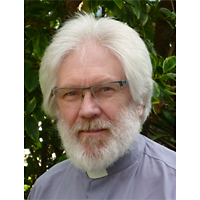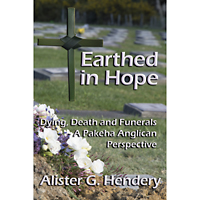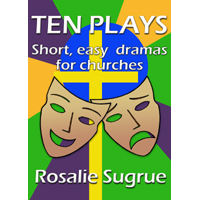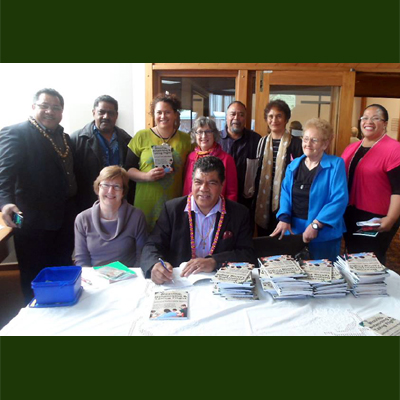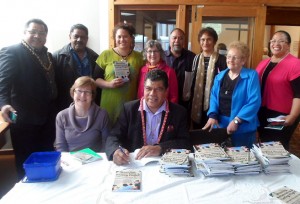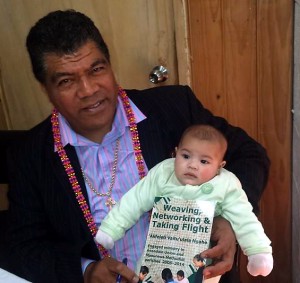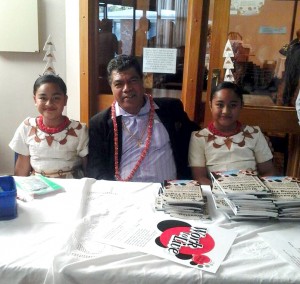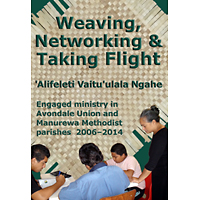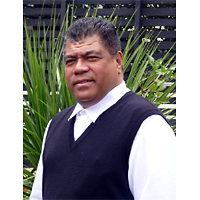Review by John Meredith in Touchstone – November 2014
“The pattern of Sunday worship is generally fairly predictable, but congregations appreciate something different at family services and especially at Advent and Christmas.
This is scarcely surprising, since the birth of Jesus and the events leading to it shattered the expectations even of those who had long been watching and waiting for the appearance of the Messiah. We have become accustomed to nativity plays featuring grumpy innkeepers and shepherd boys on hillsides, but these 10 plays take us to quite a different realm.
After making suggestions about an Advent wreath and candles, Rosalie offers five meditations that may be used during the four Sundays in Advent, two meditations being read on one of these Sundays. The meditations titled ‘Christmas women’, are the voices of Elizabeth (Mary’s cousin), Anne (Mary’s mother), a woman traveller (one of many women on her way to Bethlehem for the census), the inn-keeper’s wife, and Anna (the prophetess).
These meditations are complemented with an Advent prayer for two voices. There are no bland words here, for the challenge is to think about what the coming of Jesus means for us in our world and what we need to do about it.
These Advent meditations are followed by a play titled ‘No Room,’ designed to promote the work of Christian World Service at a time when the annual CWS Christmas Appeal will be presented to many congregations. The play features two modern day families who learn that making room for Jesus includes making room for asylum seekers and that giving to CWS can help make lives better for people living in dreadful conditions.
There is also a play using 13 characters from the Christmas story with an activity of creating stick-puppets.
For Easter, the other major festival of the Christian Year, there is a play reading based on five women named in the Easter story.
Those looking for something different for Bible Sunday, Waitangi Day, Anzac Day or Wesley Day will also find it here.
One of the appealing features of this collection is the prominence of women throughout. The drama ‘Mahlah and Sisters’ draws attention to five little-known young women in the biblical narrative. Their stand for justice translates effectively to women’s rights and equal opportunities in today’s society.
In another play, voices of women from biblical times and early New Zealand history who used their initiative to build peace and harmony are heard in monologue.
As is stated on the cover, these are short easy dramas. Few props, staging or costumes are required.
Most of the plays work best with a combination of adults and children and lend themselves to reading without the need to learn scripts. All are readily adaptable for different physical settings and availability of characters.
They are highly commended as a resource for any church or group seeking imaginative ways of presenting gospel ideas and aspects of faith in action. Ten Plays is also available as an ebook.”

